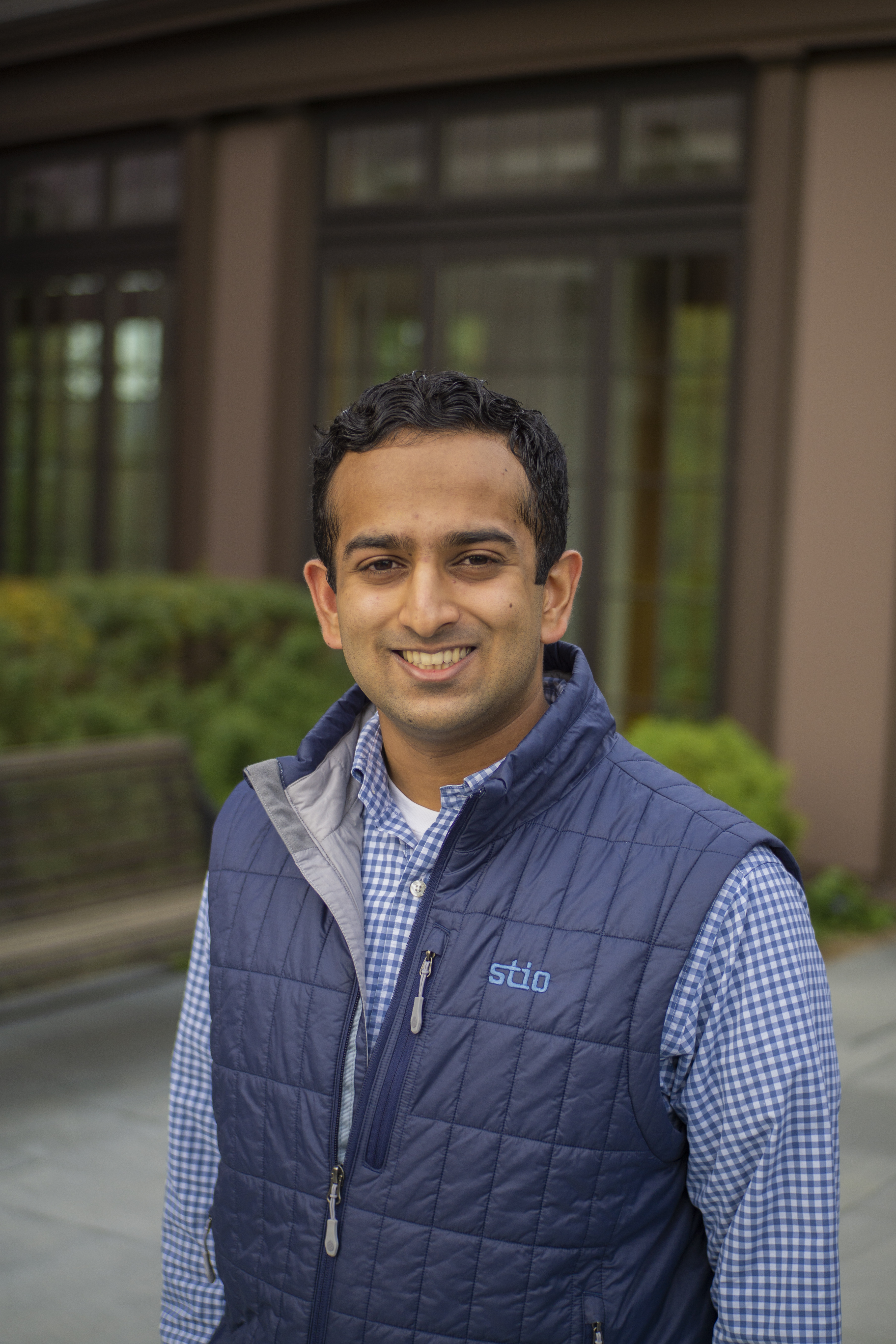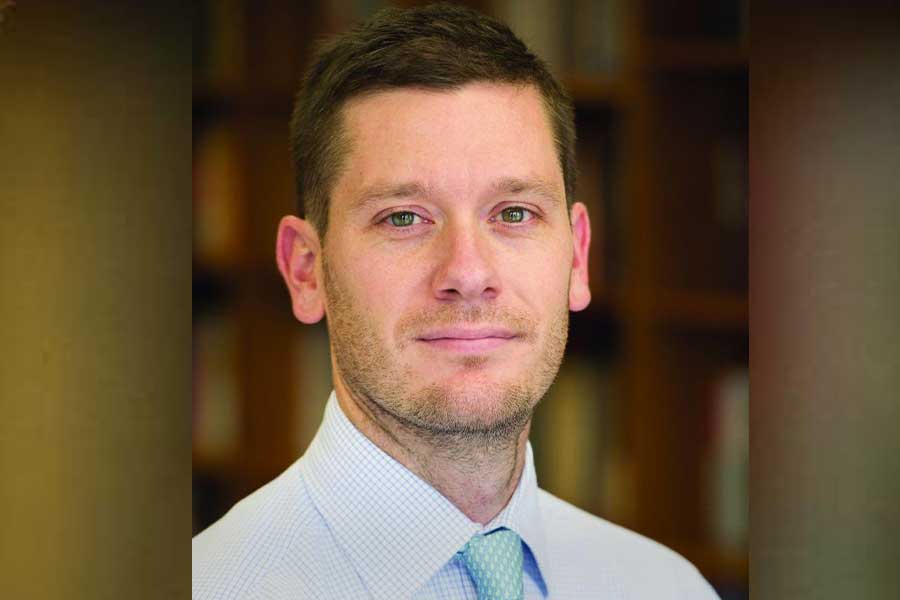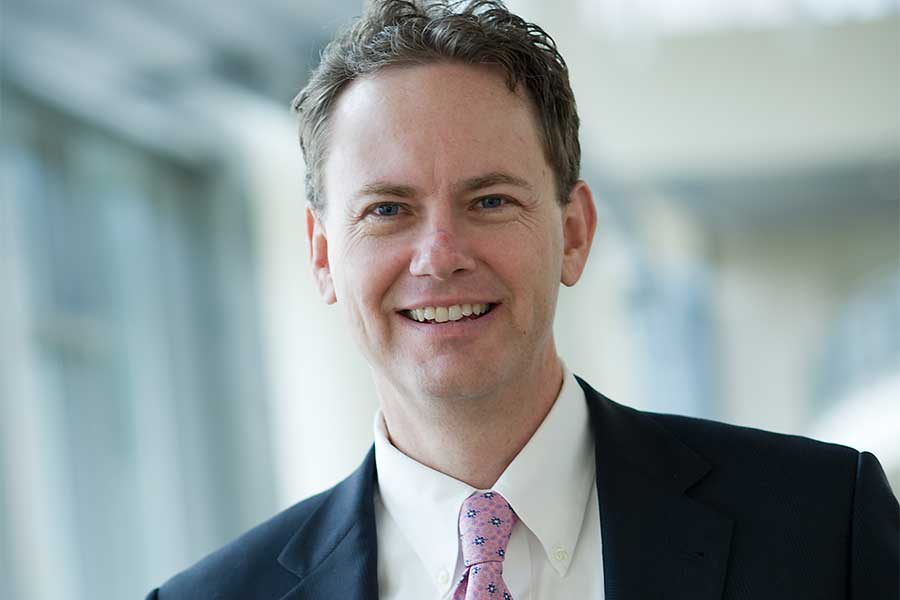The Kissinger Summer Academy

The Kissinger Summer Academy - Nuclear Weapons and American Grand Strategy
Nuclear weapons forever changed our thinking about military strategy and great-power politics. The creation of the “ultimate weapon” forced policymakers to consider the possibility that the next great war might end civilization as we know it—while simultaneously harnessing the power of the atom for purposes of deterrence and defense. After the Cold War, it appeared to some observers that nuclear strategy had become irrelevant. Yet as the world enters a new era of great-power competition, nuclear weapons are once again featuring prominently in the relationships between America and its authoritarian challengers in China and Russia.
The Henry A. Kissinger Center for Global Affairs at Johns Hopkins University is pleased to offer exceptional undergraduates and recent graduates a week-long seminar that investigates the role of nuclear weapons in American grand strategy. The seminar revisits debates over nuclear strategy during the Cold War, considers how U.S. policymakers have addressed challenges such as non-proliferation and rogue states, and explores the role that nuclear weapons will have in shaping American competitions with Russia and China today. It provides Kissinger Summer Fellows with an understanding of how technology and strategy have shaped the nuclear age and examines the choices that American leaders must make with respect to nuclear weapons in a new era of geopolitical rivalry and profound technological innovation. The course will provide an emerging generation of thought-leaders and policymakers with the tools to understand our nuclear past and shape our nuclear future.
The course will feature a variety of opportunities and activities:
- Lectures and discussions led by world experts on nuclear strategy and statecraft
- Meetings with U.S. policymakers
- An introduction to nuclear technology by leading scientists
- Simulations and (public health permitting) visits to important sites
Student Perspectives
 “The Kissinger Summer Academy offered an opportunity to dive deeper into US Grand Strategy and take a course dedicated to nuclear weapons, an opportunity I haven't had, even as a graduate student. The diverse experiences of the other scholars and the guest speakers created engaging conversations, which made these issues accessible and relevant. I highly recommend this course to students who are interested in nuclear weapons, regardless of their previous experiences.”
“The Kissinger Summer Academy offered an opportunity to dive deeper into US Grand Strategy and take a course dedicated to nuclear weapons, an opportunity I haven't had, even as a graduate student. The diverse experiences of the other scholars and the guest speakers created engaging conversations, which made these issues accessible and relevant. I highly recommend this course to students who are interested in nuclear weapons, regardless of their previous experiences.” -- Jessica Budlong, Nuclear Fusion Project
 "The summer academy presents a unique opportunity to engage with critical questions at the intersection of nuclear technology and society. Each participant brings a different perspective to the table; I learned so much through the discussions, presentations, and readings. On the whole, I gained a better understanding of nuclear policy and its important implications for global affairs in both contemporary and historical terms."
"The summer academy presents a unique opportunity to engage with critical questions at the intersection of nuclear technology and society. Each participant brings a different perspective to the table; I learned so much through the discussions, presentations, and readings. On the whole, I gained a better understanding of nuclear policy and its important implications for global affairs in both contemporary and historical terms." -- Keshav Raghavan, Yale University
2025 Kissinger Summer Academy Course Details
This is a one-week, intensive course taking place June 9 to 13, 2025, for select undergraduate students and recent graduates. It will be held at the Johns Hopkins SAIS campus in Washington, DC. The cost of the course, as well as the cost of travel and lodging, will be covered for all admitted participants.
Eligibility
You must either be a current undergraduate or have received your undergraduate degree no earlier than January 2023 to apply. We welcome applications from students and graduates from all universities and colleges.
Application
Applicants must submit the following materials to [email protected] with the subject line, "KISSINGER SUMMER ACADEMY APPLICATION." The deadline for applications is Friday, February 14 at 11:59 PM ET.
- Resume
- 1-page, single spaced Statement of Interest. The statement should address why you want to take this course and why you should be selected
- Unofficial Transcripts
Meet the Professors:

Hal Brands
Hal Brands is the Henry A. Kissinger Distinguished Professor of Global Affairs at the Johns Hopkins School of Advanced International Studies (SAIS). He is also a columnist for Bloomberg Opinion. He is the author or editor of several books, including American Grand Strategy in the Age of Trump (2018), Making the Unipolar Moment: U.S. Foreign Policy and the Rise of the Post-Cold War Order (2016), What Good is Grand Strategy? Power and Purpose in American Statecraft from Harry S. Truman to George W. Bush (2014), Latin America’s Cold War (2010), From Berlin to Baghdad: America’s Search for Purpose in the Post-Cold War World (2008), and The Power of the Past: History and Statecraft (co-edited with Jeremi Suri, 2015). His newest book is The Lessons of Tragedy: Statecraft and World Order, co-authored with Charles Edel. Hal served as Special Assistant to the Secretary of Defense for Strategic Planning from 2015 to 2016. He has also served as lead writer for the Commission on the National Defense Strategy for the United States, and consulted with government offices and agencies in the intelligence and national security communities.

Francis J. Gavin
Francis J. Gavin is the Giovanni Agnelli Distinguished Professor and the inaugural director of the Henry A. Kissinger Center for Global Affairs at Johns Hopkins SAIS. In 2013, Gavin was appointed the first Frank Stanton Chair in Nuclear Security Policy Studies and Professor of Political Science at MIT. Before joining MIT, he was the Tom Slick Professor of International Affairs and the Director of the Robert S. Strauss Center for International Security and Law at the University of Texas. From 2005 until 2010, he directed The American Assembly’s multiyear, national initiative, The Next Generation Project: U.S. Global Policy and the Future of International Institutions. Gavin’s writings include Gold, Dollars, and Power: The Politics of International Monetary Relations, 1958-1971 (University of North Carolina Press, 2004) and Nuclear Statecraft: History and Strategy in America’s Atomic Age (Cornell University Press, 2012).
He received a PhD and MA in History from the University of Pennsylvania, a Master of Studies in Modern European History from Oxford University, and a BA in Political Science from the University of Chicago. Gavin is an Associate of the Managing the Atom Program at the Belfer Center for Science and International Affairs at Harvard University, Senior Fellow of the Clements Program in History, Strategy, and Statecraft, a Distinguished Scholar at the Robert S. Strauss Center, a Senior Advisor to the Nuclear Proliferation International History Project at the Woodrow Wilson Center, and a life-member of the Council on Foreign Relations.